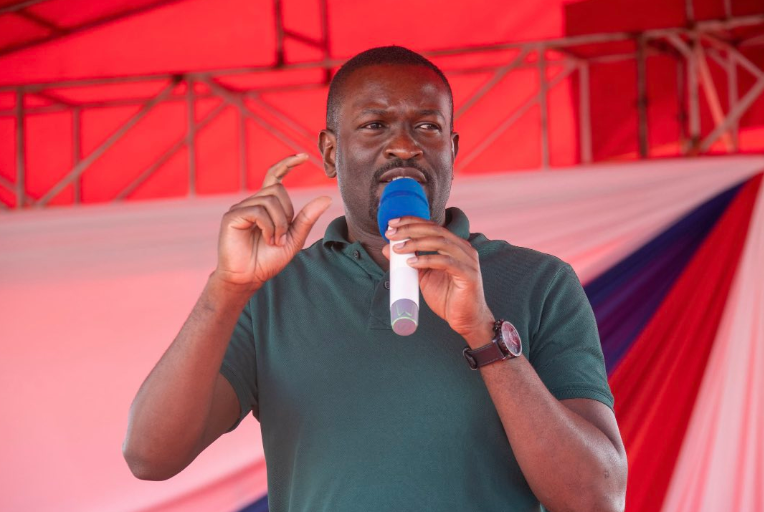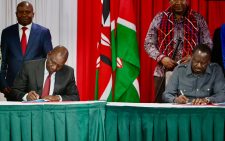Symbol of empathy nowhere in our hour of need

One may be forgiven for imagining that Kenya is in turmoil. The land is not at ease politically. Aides to the Deputy President are shooting from their corner at the forces that appear aligned with the President over the necessity of defending the country’s national unity.
The DP’s supporters are not just campaigning for the unity of the Mt Kenya region; they are strategically leveraging it to assert their rights within Kenya. The potential material benefit for the region is a mystery, with only vague references to the ‘one man, one vote, one shilling’ resource distribution formula. Interestingly, this same region was against this wealth distribution formula not long ago. What has prompted this change is not clear.
Political analysts suggest that the wealth distribution formula and the call for unity could be cleverly veiled strategies to secure the DP’s political future. He is effectively consolidating his power and influence by positioning himself as the region’s go-to person.
The region is not done yet. Another hot story is the fate of muguka, the region’s beloved plant cash cow. The leadership of the coastal belt has decided that they do not want the plant sold in their area because of the deleterious consequences of chewing its leaves. Considered an intoxicating herb, they argue that its consumption leads to addiction with serious health consequences.
The President has defended muguka sales on the coast, but the region’s leaders, including those from the ruling coalition, is united in opposing it.
They refused to meet with the minister in charge of agriculture. For now, it is a war of words between leaders of the two regions, one defending the sale of the herb and the other banning it.
It must be one of the critical conversations the president is waiting to have when he returns from the economic conference in South Korea.
However, perhaps the immediate, more consequential debate is the finance bill now being reviewed by MPs. Few bills have captured the public’s imagination like this one. The raft of taxes that the bill seeks to introduce is simply mind-boggling.
The head of the Anglican Church of Kenya may have captured the imagination when he pleaded that the elements of worship be exempt from the taxes because, he said, these elements are not food.
There is hardly any part of daily experience that the proposed taxes do not touch – from waking up in the morning to going to bed at the end of the day.
Before the story of these taxes broke, the agricultural sector was embroiled in the problem of fake fertiliser.
Farmers were faced with supplies from the government that could not be used because their quality had been compromised. This will impact this year’s harvest, which could end up being poor, leading to famine in the following season.
There are other unresolved conversations. As it is now, it seems as if the country’s education system is on auto-drive. The transition to the CBC curriculum has never been clear; the fate of the JSS teachers is a festering sore; and then there is the matter of the new formula for funding university education.
Never mind that only a few months back, the country was drowning in its floods, which left many families scarred.
The enduring image of a law enforcement official drowned in his car, his body being pulled out by well-wishers, is sad indeed and indicates the nation’s desperation and rot. This could happen again if the rains fall again.
In these moments of the nation’s desperation, what has failed to emerge is a symbol of empathy around whom citizens can rally – a priestly father figure to provide consolation.
There is a desperate need for a central point that would provide an outlet for the people to know that, at the highest level, an individual identifies with their plight.
— The writer is the Dean of the School of Communication at Daystar University











